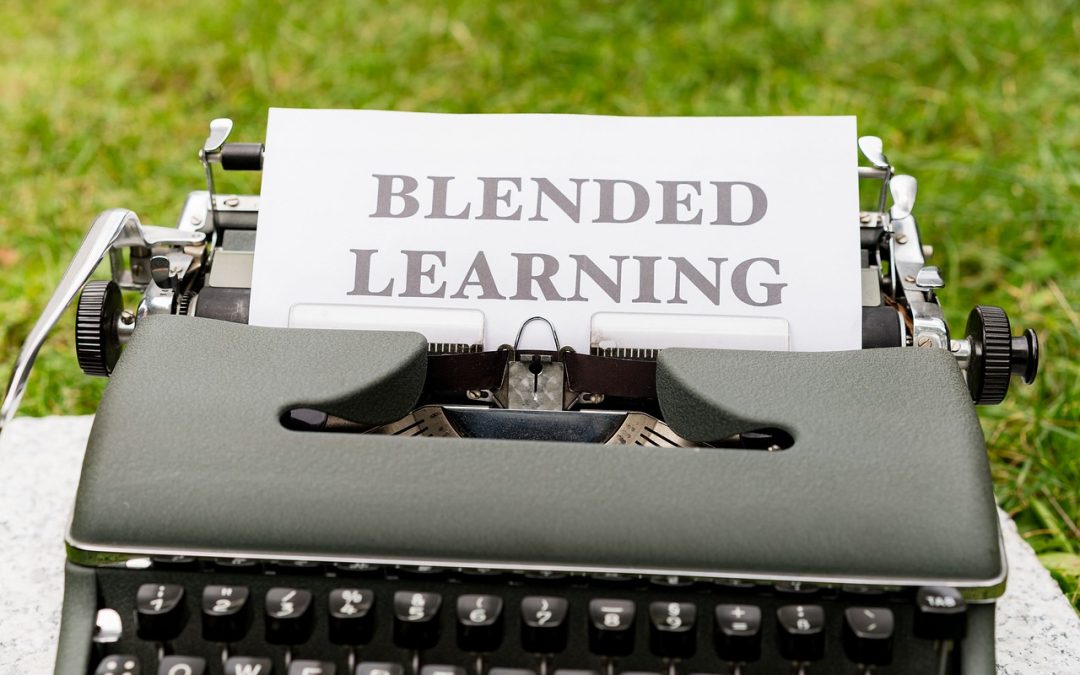arXiv:2407.16307v1 Announce Type: new
Abstract: Multimodal contrastive learning (MCL) has shown remarkable advances in zero-shot classification by learning from millions of image-caption pairs crawled from the Internet. However, this reliance poses privacy risks, as hackers may unauthorizedly exploit image-text data for model training, potentially including personal and privacy-sensitive information. Recent works propose generating unlearnable examples by adding imperceptible perturbations to training images to build shortcuts for protection. However, they are designed for unimodal classification, which remains largely unexplored in MCL. We first explore this context by evaluating the performance of existing methods on image-caption pairs, and they do not generalize effectively to multimodal data and exhibit limited impact to build shortcuts due to the lack of labels and the dispersion of pairs in MCL. In this paper, we propose Multi-step Error Minimization (MEM), a novel optimization process for generating multimodal unlearnable examples. It extends the Error-Minimization (EM) framework to optimize both image noise and an additional text trigger, thereby enlarging the optimized space and effectively misleading the model to learn the shortcut between the noise features and the text trigger. Specifically, we adopt projected gradient descent to solve the noise minimization problem and use HotFlip to approximate the gradient and replace words to find the optimal text trigger. Extensive experiments demonstrate the effectiveness of MEM, with post-protection retrieval results nearly half of random guessing, and its high transferability across different models. Our code is available on the https://github.com/thinwayliu/Multimodal-Unlearnable-Examples
Commentary: Multimodal Unlearnable Examples for Privacy Protection in Zero-Shot Classification
In the field of multimedia information systems, the concept of multimodal contrastive learning (MCL) has been gaining traction for its remarkable advancements in zero-shot classification. By leveraging millions of image-caption pairs sourced from the Internet, MCL algorithms have demonstrated their ability to learn from diverse sets of data. However, this heavy reliance on internet-crawled image-text pairs also poses significant privacy risks. Unscrupulous hackers could exploit the image-text data to train models, potentially accessing personal and privacy-sensitive information.
Recognizing the need for privacy protection in MCL, recent works have proposed the use of imperceptible perturbations added to training images. These perturbations aim to create unlearnable examples that confuse unauthorized model training. However, these existing methods are primarily designed for unimodal classification tasks and their effectiveness in the context of MCL remains largely unexplored.
In this paper, the authors address this gap by proposing a novel optimization process called Multi-step Error Minimization (MEM) for generating unlearnable examples in multimodal data. MEM extends the Error-Minimization (EM) framework by optimizing both the image noise and an additional text trigger. By doing so, MEM effectively misleads the model into learning a shortcut between the noise features and the text trigger, making the examples unlearnable.
The approach outlined in MEM consists of two main steps. Firstly, projected gradient descent is utilized to solve the noise minimization problem. This ensures that the added noise remains imperceptible to human observers while achieving the desired effect. Secondly, the authors employ the HotFlip technique to approximate the gradient and replace words in the text trigger. This allows for the identification of an optimal text trigger that maximizes the effectiveness of the unlearnable example.
Extensive experiments conducted by the authors demonstrate the efficacy of MEM in privacy protection. The post-protection retrieval results show a significant reduction in performance compared to random guessing, indicating that the unlearnable examples effectively confuse unauthorized model training. Furthermore, the high transferability of MEM across different models highlights its potential for widespread application.
Overall, this research makes valuable contributions to the field of multimedia information systems by addressing the important issue of privacy protection in MCL. By introducing the concept of multimodal unlearnable examples and proposing the MEM optimization process, the authors provide a novel and effective approach to safeguarding personal and privacy-sensitive information. This work exemplifies the multi-disciplinary nature of the field, drawing from concepts in artificial reality, augmented reality, and virtual realities to create practical solutions for real-world problems.
- Keywords: Multimodal contrastive learning, zero-shot classification, privacy protection, unlearnable examples, multimedia information systems
- See also: Animations, Artificial Reality, Augmented Reality, Virtual Realities
- Citation:
Author(s). “Title of the Article.” Journal Name or Conference. Year Published. DOI/URL.
